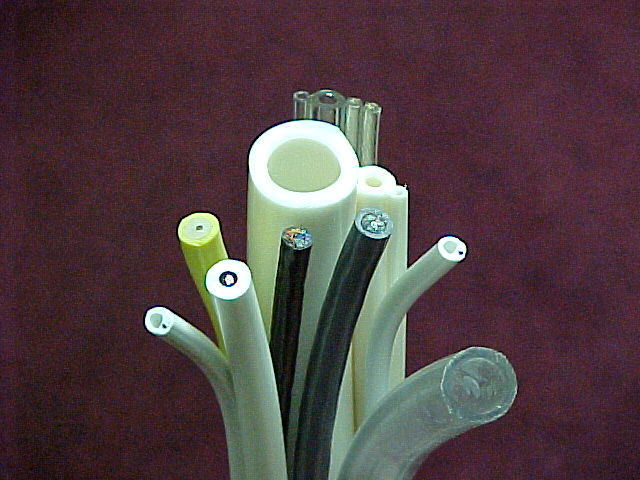Medical Cables vs. Generic Cables: Is there a difference?
Posted on

Medical cables do differ from generic cables used in other industries. It isn’t recommended to use standard/ generic wire and cable in your medical device design unless the wire or cable doesn’t need to meet any medical requirements or is used internally in your device. Every industry has it’s unique requirements when it comes to wire and cable. The medical industry is no exception.
"Off-the-shelf" means Generic Cables and Wire
Medical wire and cable is readily available “off the shelf” however, many medical industry engineers turn to custom medical cables due to their application’s unique requirements. What makes medical wire and cable different? Besides using medical grade materials, medical devices are designed to be precise whether it is for diagnostics, patient monitoring, surgical or provides imaging/video. The performance and accuracy of the device needs to be taken into account. Using a custom medical cable designed for the specific tasks of the device will improve performance and product lifetime as opposed to generic cables. Medical device cables may need to provide multiple functions with just one cable such as, data, power fluids or air. Medical cables can be complex or a simple design, in either case custom medical device cables offer the performance and longevity needed for this type of application.
Another unique feature of medical device cables is the insulation and jacket compounds are formulated to meet the specific requirements of medical applications such as:
- Sterilization – Sterilization techniques include autoclave, E-beam, chemicals to name a few. What insulation and jacket materials can withstand do vary and it is important to take this into consideration when designing your medical device. Sterilization properties chart is a helpful tool, but discussing your requirements with a custom medical cable manufacturer can save you research time.
- Bio-compatibility – Patient contact is another requirement for medical device cable. Contact can be from exterior to implantable. Medical wire and cable jacket compounds are available in many grades and the extent of patient contact should be discussed with your medical cable manufacturer.
Disposable or reusable?
Disposable cables are normally used for a limited usage and do not undergo repeated sterilization before being disposed. Disposable wire and cable are made of less expensive materials such as PVC. Reusable medical cables normally have to withstand anywhere from hundreds to over a thousand sterilization cycles.
Medical device wire
Medical device lead wires can also differ from generic wire. Sensors and monitoring devices are becoming smaller, wireless and their functions are more complex. Patient monitoring devices often require lightweight, small gauge, ultra flexible wire for patient comfort while being monitored. Patient monitoring devices are sometimes worn for long periods or even implanted. The need for small extremely flexible wire is becoming more evident with these types of medical applications.
A few examples of long term patient monitoring include:
- Fetal monitoring devices – Fetal monitors can be wired to a receiver or wireless for extended monitoring. The monitor is connected to a unit which sends information to a receiver allowing the patient to move freely. Small gauge very flexible wire and cable is used for this type of product.
- Sleep monitors – Patient comfort is important with this type of device. The ultra flexible wire need to be lightweight and a small gauge using flexible insulating materials such as TPE or silicone.
- Heart monitors – This type of long term device normally uses cables instead of lead wires. Heart monitor devices can be connected to an implant then to a battery/power pack or sending unit which sends information to a receiver/recorder. Cables may be required to send data, supply power, be flexible and be resistant to abrasion and cleaning solutions. Other types of heart monitors may be connected to sensors externally on the body for extended periods.
When considering your medical device wire and cable for your product be sure to speak with a custom medical cable manufacturer to find out what materials and construction will work best for your device.
If you enjoyed this article, please pass it on to a colleague.
